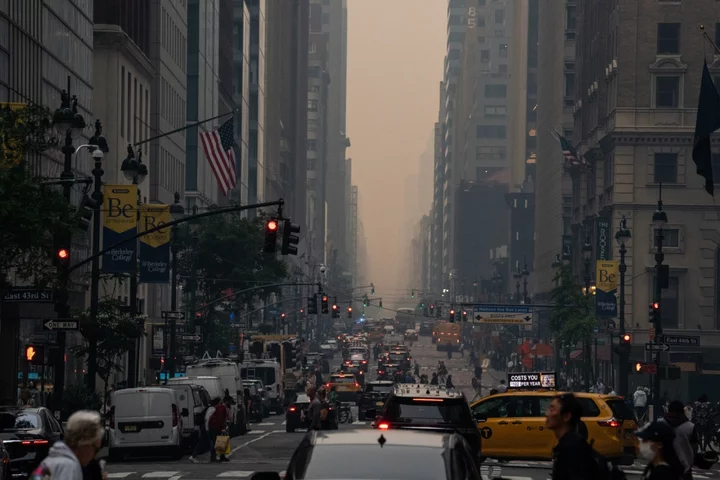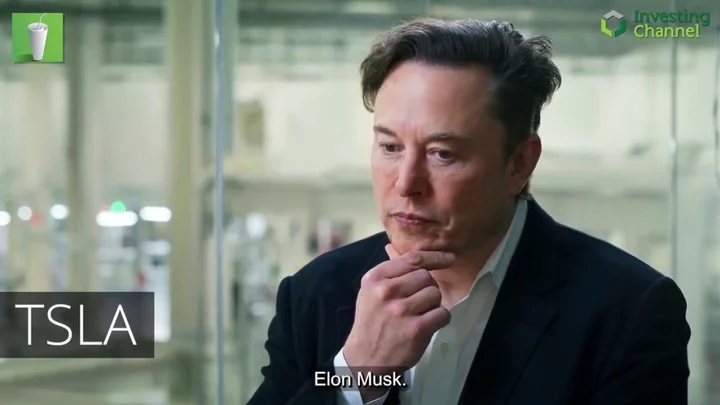Rich nations must be more ambitious in their climate action to contain the rise in global temperatures to 1.5C, while giving developing economies the room to meet their economic goals, according to a New Delhi-based think tank.
In a report analyzing the emissions trajectories of developed economies including the US and European Union, the Council on Energy, Environment and Water argues that more rapid decarbonization is necessary in these nations, which historically have accounted for the vast bulk of the world’s emissions. The report was co-authored with Wageningen University & Research in the Netherlands.
The 1.5C limit was set by the 2015 Paris Agreement, but is looking increasingly out of reach as fossil fuel use continues to rise. The report echoes the climate position of India, now the world’s third-biggest emitter, ahead of next month’s COP28 summit in Dubai. That meeting is likely to see renewed calls for climate justice for countries in the Global South and an equitable division of the world’s shrinking carbon budget.
To keep the 1.5C target alive, global emissions must decline by 43% from 2019 levels by the end of the decade. But the Nationally Determined Contribution submissions from developed nations fall well short of that goal, according to the report. What’s more, all but two nations from the group — Norway and Belarus — are on course to miss their 2030 emissions reduction targets, it said.
Advanced nations must ramp up their emissions cuts this decade, or face steep targets to meet net-zero pledges by the middle of the century, the report said.
“The purpose of this report is to bring in the question of accountability in negotiation forums, which has been missing so far,” said Sumit Prasad, a climate analyst at the council and co-author of the report. Climate action must be led by the developed world and the report aims to “scrutinize the performance of these countries from the lens of the Global South,” he said.









